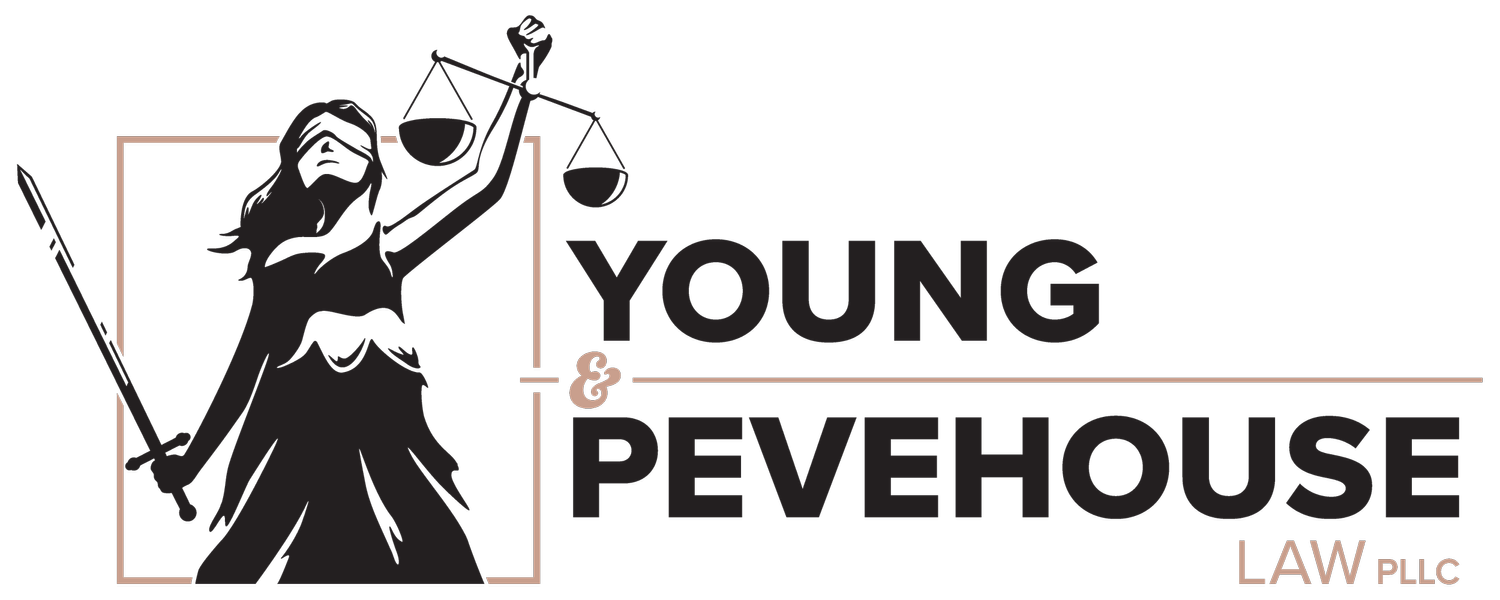The Role of a Lawyer in Personal and Business Matters
When it comes to legal matters, having the guidance and support of a lawyer is invaluable. Lawyers provide expertise and advocacy in a wide range of situations, helping individuals and businesses navigate complex legal landscapes. Here’s an in-depth look at the crucial roles lawyers play in both personal and business contexts.
Personal Legal Advice
Family Law:
Divorce: Lawyers guide clients through the divorce process, ensuring fair division of assets, child custody arrangements, and spousal support.
Child Custody and Support: Attorneys advocate for their clients' parental rights and work to establish custody agreements that serve the best interests of the child.
Adoption: Legal assistance in adoption ensures all legal requirements are met, protecting the rights of both the adoptive parents and the child.
Estate Planning:
Wills: Lawyers help draft and execute wills to ensure your assets are distributed according to your wishes.
Trusts: Attorneys can set up trusts to manage and protect assets for beneficiaries, providing tax benefits and ensuring proper management.
Probate: Legal guidance during probate ensures a smooth process in settling an estate, resolving any disputes, and distributing assets.
Personal Injury:
Accident Claims: Lawyers assist in seeking compensation for injuries sustained in accidents, covering medical bills, lost wages, and other related costs.
Medical Malpractice: Attorneys advocate for victims of medical malpractice, ensuring they receive fair compensation for harm caused by medical negligence.
Product Liability: Legal representation helps individuals injured by defective products to hold manufacturers accountable and seek damages.
Civil Matters and Criminal Defense:
Representation: Attorneys help you know and protect your rights, formulate and execute a plan, and fight for the best outcome in your matter, whether it is a criminal matter or a civil matter.
Negotiations: Attorneys negotiate plea bargains or reduced charges when appropriate, potentially minimizing the consequences of criminal charges.
Post-Conviction: Legal assistance in appeals and post-conviction relief can help overturn wrongful convictions or reduce sentences.
Business Legal Advice
Business Formation:
Choosing a Structure: Lawyers help decide the best legal structure for your business (e.g., sole proprietorship, partnership, LLC, corporation) based on your goals and needs.
Registration and Compliance: Attorneys handle the necessary paperwork for business formation and ensure compliance with local, state, and federal regulations.
Contracts:
Drafting and Reviewing: Lawyers draft clear, comprehensive contracts and review existing ones to protect your interests and prevent future disputes.
Negotiations: Attorneys negotiate contract terms to ensure favorable conditions and minimize risks for your business.
Breach of Contract: Legal assistance is crucial in resolving breaches of contract, seeking remedies, and enforcing agreements.
Compliance:
Regulatory Compliance: Lawyers ensure your business adheres to industry-specific regulations and standards, avoiding fines and legal issues.
Employment Law: Attorneys help navigate employment laws, including hiring practices, workplace policies, and dispute resolution.
Intellectual Property: Legal guidance in protecting intellectual property ensures your innovations, trademarks, and copyrights are secured.
Dispute Resolution:
Negotiations: Lawyers facilitate negotiations to resolve disputes amicably and efficiently.
Mediation and Arbitration: Attorneys represent clients in alternative dispute resolution methods, providing a cost-effective and less adversarial approach than litigation.
Litigation: When necessary, lawyers represent businesses in court, advocating for their interests and seeking favorable outcomes.
Lawyers play a pivotal role in both personal and business matters, providing essential expertise, guidance, and representation. Their involvement ensures legal processes are navigated smoothly, rights are protected, and favorable outcomes are achieved.

